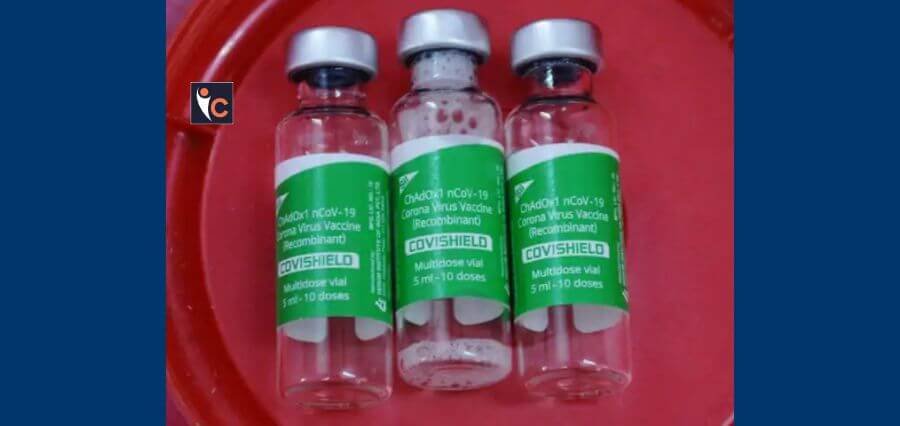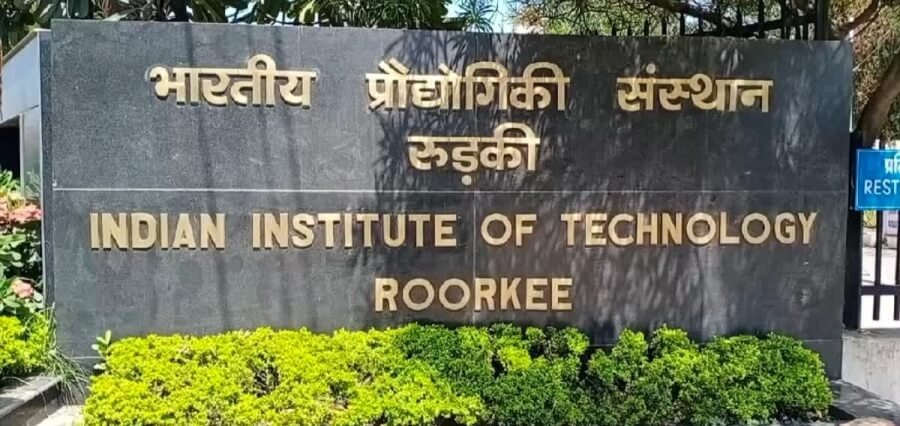Compared to the global average, India has the lowest incidence of adverse effects from AstraZeneca’s vaccine, a senior government official involved in the country’s nationwide Covid-19 vaccination rollout informed the sources. Out of an astounding 180 crore doses provided, the official—who wished to remain anonymous—said that India has documented about 80,000 adverse events related to Covishield. Nonetheless, he stated that in 98% of these instances, there were moderate local reactions like discomfort, edema at the injection site, or fever.
“But only around 50 cases witnessed Thrombosis with Thrombocytopenia Syndrome (TTS) — a rare side effect caused by the jab — of the 180 crore doses administered against 4 to 10 cases (out of every 10 lakh doses) globally,” the official said.
“Roughly, the chances of TTS stood at 0.000003 per cent with Covishield in India whereas globally, the risk stood at 0.0004 per cent,” the officer estimated.
These projections coincide with the Anglo-Swedish pharmaceutical company’s announcement, made just days ago, that it has begun the worldwide withdrawal of its Covid-19 vaccination due to the vaccine’s propensity to cause a rare side effect known as TTS. The hallmark of TTS is the formation of blood clots in tiny blood arteries all over the body. The term “thrombocytopenia” describes a low blood platelet count. The Serum Institute of India (SII) in India produced the vaccine for AstraZeneca, which is marketed as Vaxzevria internationally and is marketed under the Covishield brand.
To contain panic and alarm, the official clarified that “the vaccine does not exhibit any long-term effects on the human body”.
According to him, if such a side effect happened, it would probably show up at the first dosage.
“There is no reason to doubt the efficacy of the vaccine or anticipate any adverse events in the future,” the official stated, adding that “if it has not occurred by then, it is improbable to arise later, ensuring your safety.”
The official went on to say that “people from South Asia (South Asians) have a genetic makeup that makes them less likely to develop thrombotic and thrombocytopenia syndrome (TTS) compared to other populations,” which explains why the incidence of side effects was low in India.
Read More: Click Here





